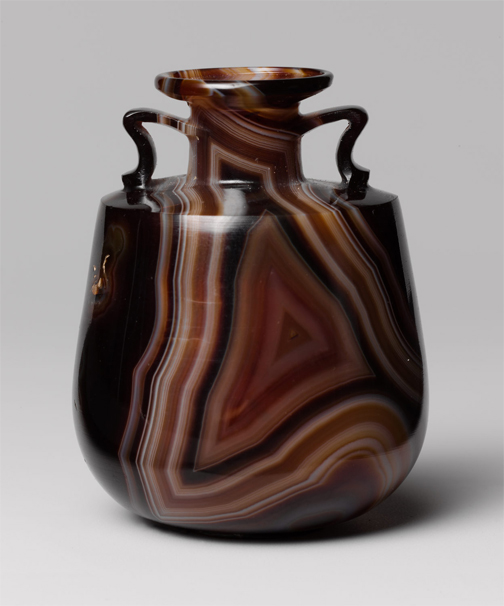
| “Let us run with perseverance the race marked out for us.” |
| —Hebrews 12:1 |
“Life is not a sprint. It is a marathon.” You’ve no doubt heard that quotation. I would like to think that “Oftentimes, trials are not a sprint, but a marathon.” Some trials God gives us in our lives last a day or two. Others go on far longer than we could ever imagine and demand much more of us than we could have ever thought.
In fact, some troubles take far more strength and endurance than we would naturally have available. Don’t believe the idea that God doesn’t give us more than we can handle—by ourselves, alone. In fact, He often gives us more than we can handle just for the purposes He has of causing us to rely totally on Him to carry us beyond our own strength.
We can find comfort in the Sovereignty of God: His supreme, unlimited, wise authority over everything that happens to us gives us assurance that we are in His hands. Yet, does that mean we have no responsibility at all? Whereas some people think they have to manage everything in their lives, others think that submitting to, and waiting on, God alone, getting out of His way, allows Him to perform His will in us and through us.
I love the way that Carolyn Curtis James writes about this subject: 1
[The writer of the Hebrews] put both ideas side by side without diluting either of them when he charged his readers to “run with perseverance the race marked out for us.” God marks out our race, and we are commanded to run. If we follow logic, sovereignty doesn’t remove human responsibility. It actually increases it. Human responsibility depends on an ordered world in which God is sovereign. You can’t be responsible in a world of chaos, chance and blind fate. Sovereignty frees us to act because we know God has a plan. We are part of that plan, for we are the agents through whom he accomplished his purposes… God calls us to full-throttled, active, and creative living.
Sometimes, God allows us to feel exhausted, to press us beyond our limits. As anyone who has taken athletic training, or even physical therapy, knows—if you have invested yourself fully in this experience—you will feel exhausted and pressed beyond your limits. But, the payoff comes from that pressing forward in strengthening your own self.
God wants to make us into marathon runners and warriors for His glory. In the end, we will not celebrate our great skill, but our great God. Only by our cooperation with His power and His loving wisdom, will the race be run. All glory to Him!
______________________
| 1 James, Carolyn Curtis. When Life and Beliefs Collide. Grand Rapids: Zondervan Publishing Company, 2001. (Amazon Kindle) Pp. 128-129. |
![[Photo of rain falling on a flowered field]](https://www.rpcerie.org/images/rain_falling_on_flowered_field.jpg)

![[Drawing of Jesus leaving the tomb]](https://www.rpcerie.org/images/Jesus_leaves_the_tomb.jpg)
![[Photo of The Brook Kidron]](https://www.rpcerie.org/images/The_Brook_Kidron.jpg)

